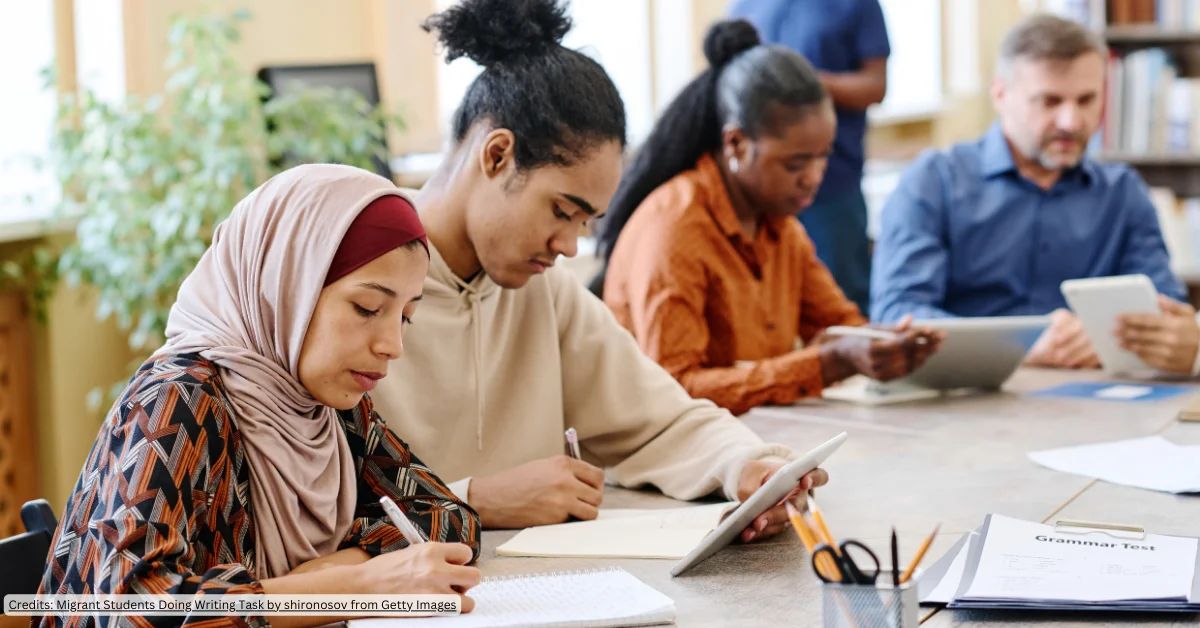It was a typical autumn day during April this year. As I was walking towards the door to leave my residence, I felt the tension – should I put my mask on or should I not draw attention to myself because I look Asian?
Then I started asking – wow, I can’t believe the racism reporting and incidents we hear in the news are having such an impact on me. As someone who has spent a majority of my professional career working in the not-for-profit sector and specifically the multicultural sector – I should know how to deal with racism, but the coronavirus pandemic has been something else in fueling further hate, ignorance and prejudice.
With the presence of COVID-19 inspired racism, how are individuals experiencing racism for the first time handling this challenge?
I have experienced other racism incidents in the past of course, however if people ask if I have experienced racism before COVID-19, I will probably say no because the incidents were long ago and I don’t give attention to them anymore and they no longer impact me. This is because I was able to let go of the anger and powerlessness after the incidents, I have good friends I can discuss it with, and am generally good at forgiving and moving on to focus on things that matter most to me.
As I continue to ponder over racism inspired by the pandemic and how people might be dealing with the challenges, I spoke to my friend Christine Yeung, a workplace psychologist and Founder of Beyond Story, who also recently helped her friend through another racism incident. Driven by the horrific stories and negative experiences of people we know in our networks, we decided to do something about it by combining our skills and expertise to address a gap in services and support programs.
Christine said something that has remained with me – there is research that demonstrates emotional pain is similar to physical pain. So why do we see a doctor when you hurt your ankle but we don’t see a counsellor or psychologist when we are hurt by racism?
I immediately know why of course – people don’t like to see counsellors or psychologists because there is a perception, especially amongst Asian-Australian communities that only individuals who suffer from serious mental illness and health issues will see them. It’s like going straight to a surgeon when you sprain your ankle – a tad dramatic as the first point of call.
Yet, there is nothing available for people with situations where it only requires mild psychological support – basically a chat to talk through emotions with people who understand it.
We discovered that workplace psychologists have a role to play to help create change in society. I first came across their expertise through working with human resources and specifically diversity and inclusion teams in the corporate sector. They help people understand themselves, their emotional triggers and have tools and strategies to help them manage them.
For example, I used to believe emotions were bad so I must not show them in public, however people like Christine helped me understand that they are amazing inbuilt mechanisms to tell us something. When we work with it in a deep and meaningful way, we become stronger and able to bring different parts of us back, so we become whole.
In thinking through my own experiences and in discussions with Christine we believe the strengths-based approach can be effective to help the community develop skills to move through their emotions after racial incidents.
Hence, why don’t we have support services that help people build the skills to manage their emotions, make sense of the past and build the confidence to deal with potential future incidents? It is reasons like these that prompted us to establish Resilience Against Racism – like first-aid for racism and the first point of call, where we provide workshops and initiatives designed by people with lived experiences and culturally diverse social innovators to support people in the first instance and we use a strengths based resilience approach. Our vision is to build this up further to enable individualised support and allow people to have sessions to debrief after an incident.
Wesa Chau has been a leader for two decades and had led work teams, national conversations, community groups and social movements. She is currently CEO of Cultural Intelligence, a consulting company specialised in raising the understanding of the power of cultural diversity through research, training and consulting.
- This author does not have any more posts.











